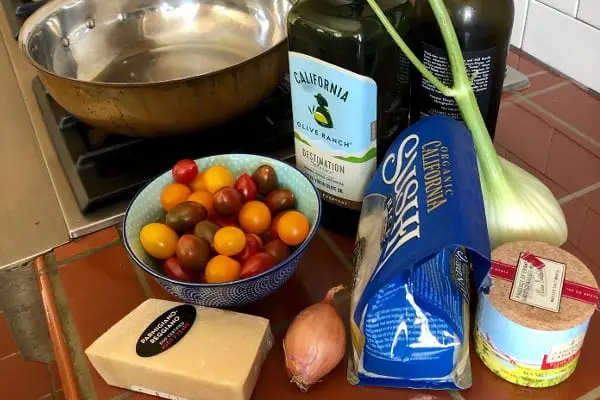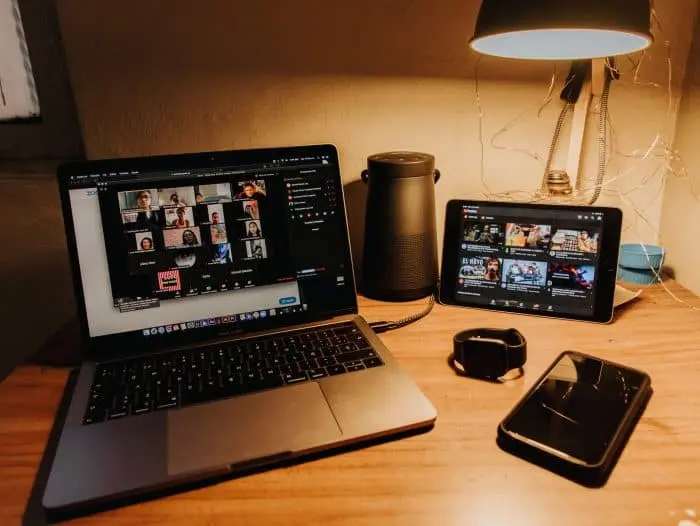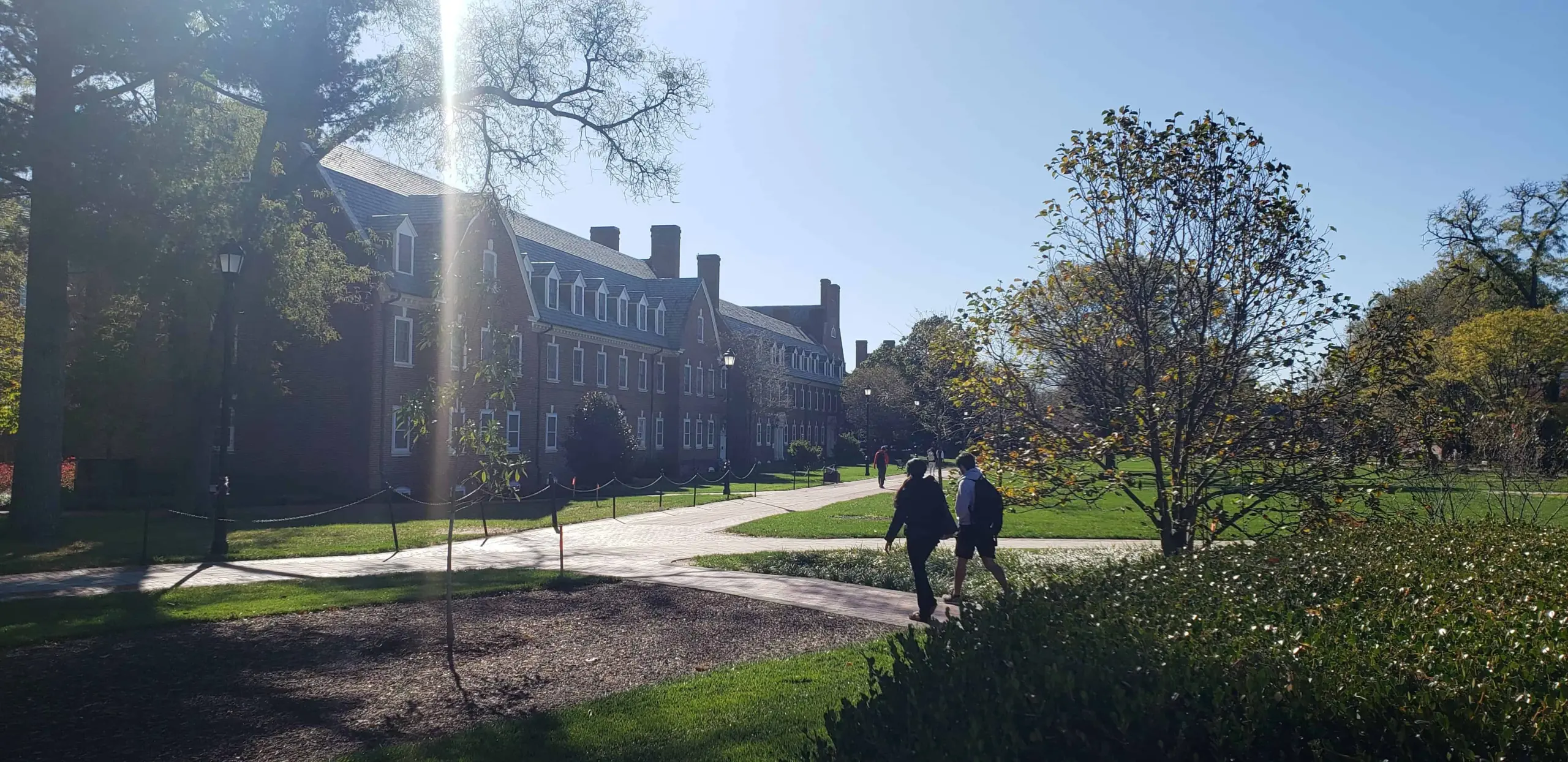This Q&A is part of Local Heroes: Journalists Covering COVID-19, PEN America’s series spotlighting local journalists across the country in celebration of World Press Freedom Day 2020, elevating the importance of a free, vibrant, and inclusive press.
Name: Sky Chadde
Outlet: Midwest Center for Investigative Reporting
City: Champaign, IL
 What do you consider to be the biggest threats to a free and vibrant press in the midst of this crisis?
What do you consider to be the biggest threats to a free and vibrant press in the midst of this crisis?
Agencies and companies tightening down on releasing information. Some state and federal agencies have sent the employees who process public records requests home, which has delayed getting the public the information they need. Beyond public records requests, states aren’t releasing all the information they can be. We ran into this problem when we started tracking the number of COVID-19 outbreaks at meatpacking plants. For instance, North Carolina released a statement listing five plants in five counties that had outbreaks, but it didn’t specify which plants or how many cases at each plant. That’s information those communities should have. The companies that own the plants also have not been very forthright, especially when it comes to confirming how many workers have gotten sick at their plants.
“Some state and federal agencies have sent the employees who process public records requests home, which has delayed getting the public the information they need.”
In what ways has local news played a vital role in response to the COVID-19 crisis?
Local news reporters are on the front line of covering the virus, and their work is so incredibly valuable. When the Midwest Center started tracking outbreaks at meatpacking plants across the United States, the first place we headed were local outlets in places with plants. Those reporters were the ones talking to the meatpacking workers who were sounding the alarm about conditions in these plants, and they are the ones who continue to update their communities regularly.
How have the advent of the COVID-19 outbreak and social distancing requirements changed your reporting and the way your newsroom operates more broadly?
In some ways, quite a bit. In others, not so much. I can’t go visit a community and knock on doors anymore like I used to, and that makes finding sources more difficult. When reporting on agriculture, most of the people you want to talk to live in areas without reliable internet access, so finding them online can be a crapshoot. But, on the other hand, a lot of my work involves analyzing or building datasets, and that work can be done pretty much anywhere with an internet connection.
“When the Midwest Center started tracking outbreaks at meatpacking plants across the United States, the first place we headed were local outlets in places with plants. Those reporters were the ones talking to the meatpacking workers who were sounding the alarm about conditions in these plants, and they are the ones who continue to update their communities regularly.”
What books, poems, podcasts, or other creative media have you been turning to for comfort or inspiration?
I wish I could say I was finally getting through all of Shakespeare or Dostoevsky, but after work, I pretty much just want to decompress and turn my brain off. So I’ve been rewatching Marvel movies. I’ll also listen to old episodes of this podcast called “How Did This Get Made?” for a laugh. One day this week, after working on a story past midnight, I discovered @ratemyskyperoom on Twitter, and that was lovely.
Who else is doing excellent coverage?
I hope this doesn’t come off as a cop-out, but most local outlets are doing excellent coverage. We wouldn’t know half of what we know about the virus without them.
About Sky Chadde
Sky Chadde was born in Wisconsin but raised in the Southwest. He was a reporter in Texas covering city government and public safety before attending graduate school at the Missouri School of Journalism. He now works at the Midwest Center for Investigative Reporting, where he focuses on data reporting and covering Big Ag.











